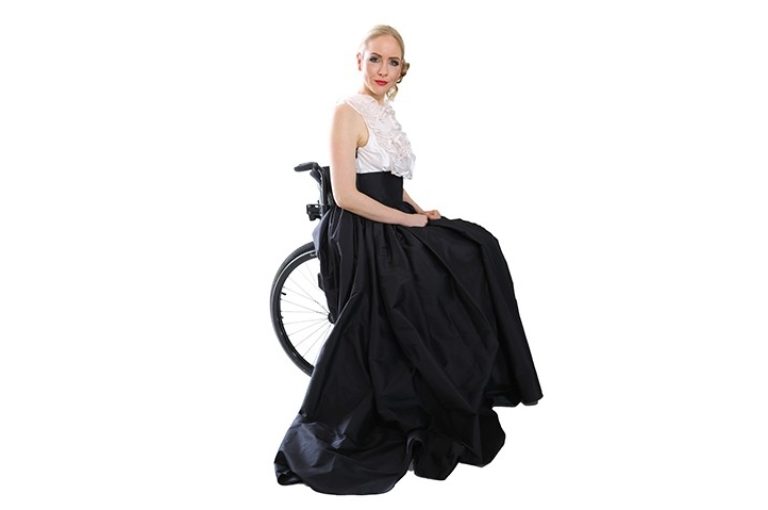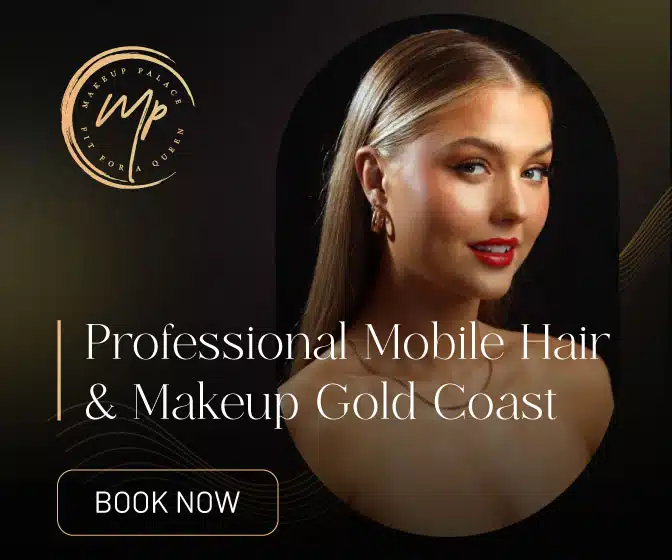HEALTHCARE
VISIBILITY FOR DISABILITY: Asking questions without being OFFENSIVE

WORDS: Lisa Cox PHOTOGRAPHY Supplied
Encountering someone with a disability is likely to occur frequently, especially when you consider that almost a quarter of the Australian population has a visible or invisible disability. The stereotypes we have seen around disabilities in the media have perpetuated a sense of unease around this topic. If you’re not sure what the correct protocol is around asking questions and interacting with someone who has disabilities, you’re not alone.
Can you ask questions?
While you can’t pretend the disability isn’t there, you also can’t jump right in and ask questions. This topic has no clearly defined “right” and “wrong” approach, making it challenging to find a common ground that can be considered the correct protocol. What one person may find acceptable, another may experience as offensive or even as a trigger. However, there certainly are overlaps in what most people find acceptable and polite, this is where you can learn the best way to ask questions and interact with someone you’ve just met if they have disabilities.
Become aware of your social conditioning
The previous sentiment extends beyond just your phrasing, remember that the disability is only one characteristic, it’s not the whole person. When you’re meeting someone for the first time, extend a greeting and get to know that person’s personality as your first priority. Ask the same questions you’d ask anyone else without a disability: where are you from? What do you do for a living? What are your views on (any relevant topic that’s not about disabilities)? How do you spend your spare time?
Please note that simply asking one of the above questions does not mean you can launch into asking, “what happened to you?” Try using your common sense and intuition to sense how comfortable a person may or may not be with your question.
Treat each person as an individual
It’s important to state that each person is unique. People with similar disabilities are also unique. Each has their own history and past experiences that play a part in how comfortable they feel to have questions asked. Similarly, no two people have the same challenges or the same strengths, even if they both have the same disability. If you meet someone with Autism, with a prosthetic limb, or any visible/invisible disability, remember that they are different from the next person you meet with similar disabilities. You can never assume that there are similarities between them or their experience of having a disability. Never take one answer as a universal answer that applies to all people with that (or any) disability.
How to make the mindset shift
Treat others how you wish to be treated. Don’t picture yourself in a wheelchair if you want to place yourself in that person’s shoes and understand how questions may feel to them. Instead, imagine being asked about one of your existing limitations, something you really have – maybe you’re not good with numbers, maybe your social skills are lacking…The most important thing you would want from others is that they recognise that there are other aspects to you outside of disability. You wouldn’t want someone to ask invasive questions beyond what they might need to know for practical reasons.
Still confused?
If the above suggestions have not provided greater clarity, remember these two things:
- – Before launching into question someone about this disabilities, ask yourself if it is for a valid reason or just to satisfy your curiosity. If a medical specialist, employer or someone else wanted to know about my disabilities because it was relevant to the situation or conversation, I would happily tell them. However, if a stranger approaches me in the supermarket and their first question is, “why are you in a wheelchair?” there’s no context and the question is inappropriate.
- Role reversal – Imagine for a moment that a disabled person asked you about the results of your last medical procedure – like a pap smear or prostate check. Would you think to yourself, “that’s absolutely none of your business,” or do you know the person well enough to divulge the details?
About the author: Lisa Cox
Lisa Cox is a multi-awarded writer, author, presenter and consultant who is changing the way disability is represented in mainstream popular culture. BA Bus (Comm) / BA Arts (Media)







